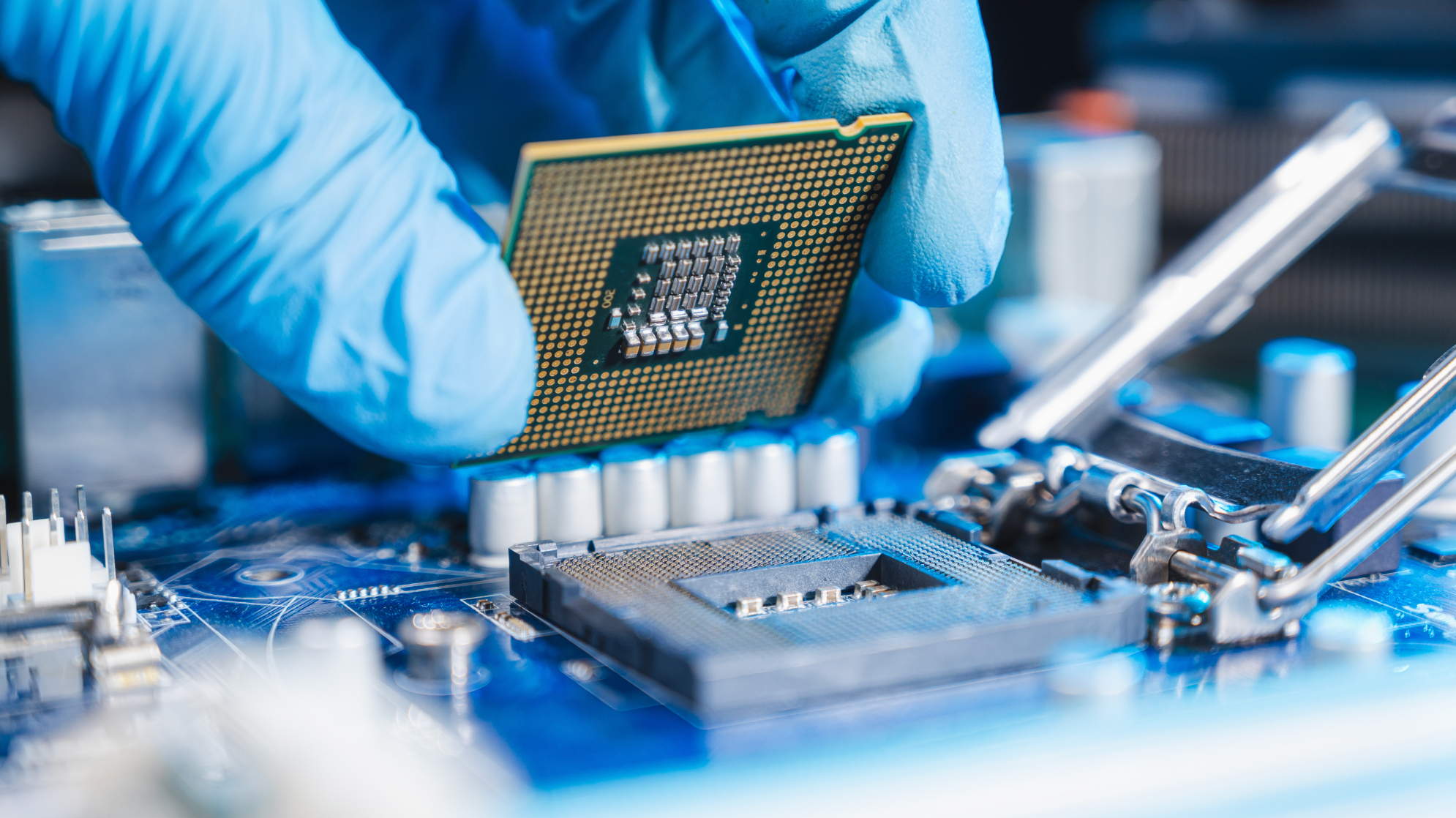
Japan is looking to become a player in the semiconductor industry again after 20 years. Rapidus Corp., a newly-formed Japanese chip maker, plans to compete with Samsung and TSMC by producing 2-nanometer chips in just four years.
Bloomberg reports that Rapidus is spending billions of dollars on building a domestic chip plant by 2027 with state backing. The newly formed chip maker has also gotten huge investments from Japanese equipment manufacturers like Sony and Toyota. The Japanese government already has plans to earmark over $2.4 billion (¥330 billion) yearly for the future semiconductor manufacturer.
Rapidus chairman Tetsuro Higashi tells Bloomberg, "Huge opportunities are ahead of us if we can become first in the market and if we focus on making chips for specific areas, such as AI."
Rapidus likely won't be the first to 2-nanometer production, but it won't be far behind. TSMC plans to fire 2nm chips by late 2025, as is Samsung. So it'll be interesting to see if Rapidus can stick with the 2027 timeline.
Higashi says he's "pretty confident" about Rapidus' ability to produce 2nm chips and 1.4nm in the future, as any company chairman should be, although he admits that creating 1nm chips "would be a big challenge."
Rapidus president Atsuyoshi Koike told Bloomberg back in December that they would need to invest "several trillion yen" to realize their chip plans because the "ramifications will be huge if we cannot achieve 2nm capabilities." With that money in hand, it appears the race is on.

Best gaming PC: The top pre-built machines from the pros
Best gaming laptop: Perfect notebooks for mobile gaming
This fits into a recent pattern of countries supplying massive subsidies to domestic chip manufacturers. The United States is investing over $50 billion into domestic chip manufacturing thanks to the CHiPs Act, with Intel currently constructing $20 billion chip plants in Ohio.
The Europe Union is also investing hugely into its plans to "regain global leadership in semiconductors” with its billion-dollar investments in the EU Chips Act.
Regarding more investments, Higashi says the plan is to stay away from the private sector and stick to government and corporate funding for now, but the "ultimate goal is to become financially independent and stable in making cutting-edge chips."







